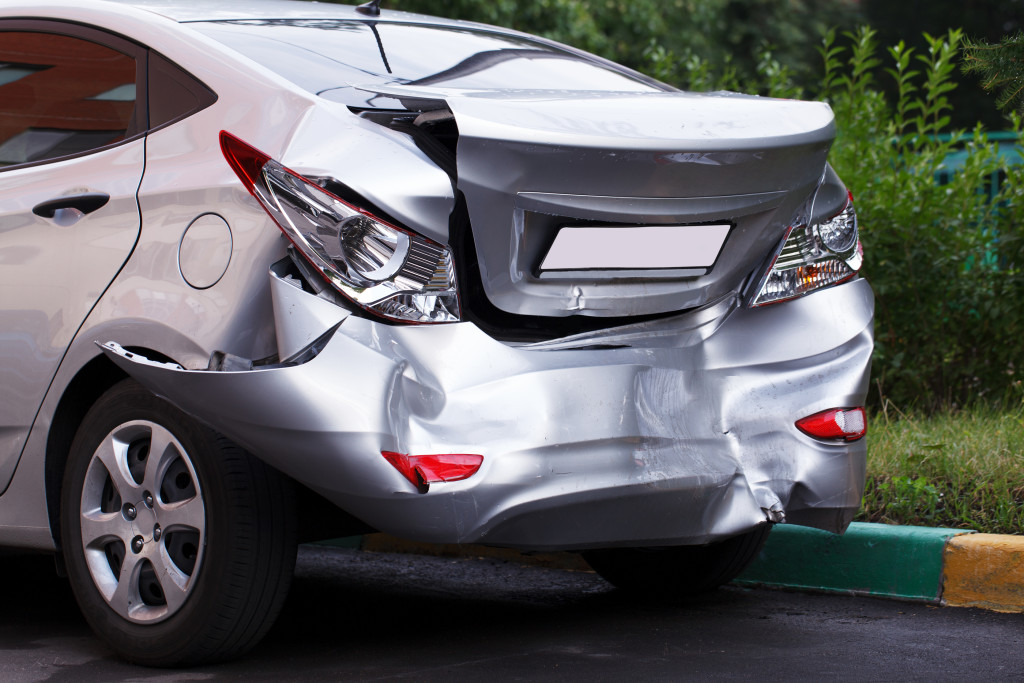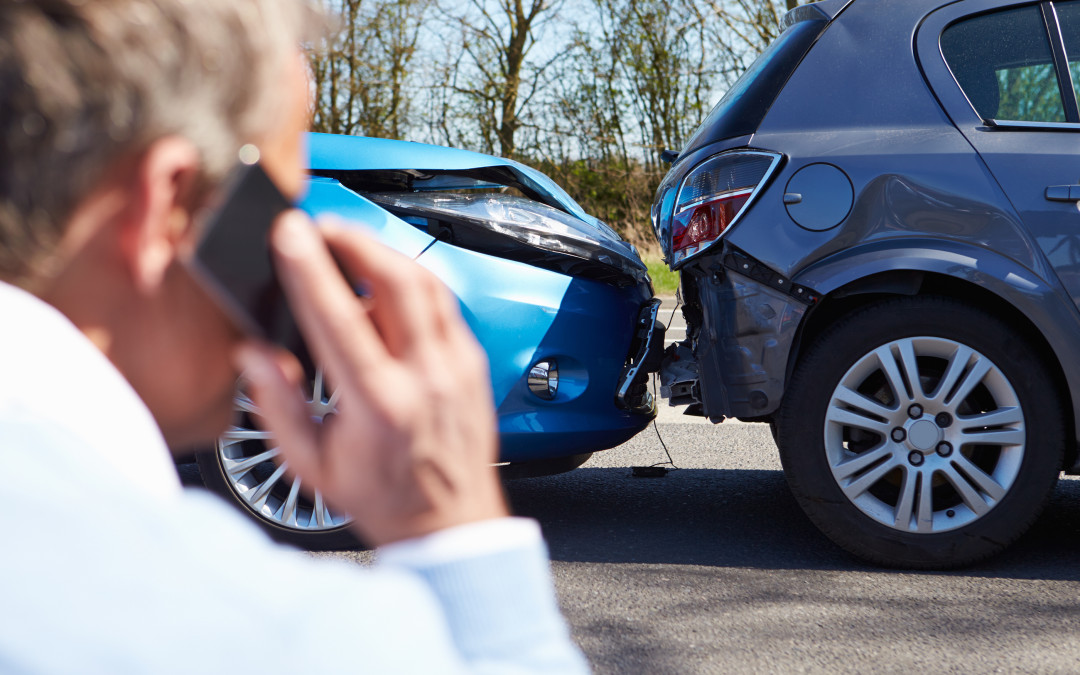After a car accident, most people will remain on the scene to share their contact information because they feel it’s simply the right thing to do. But staying at the accident scene is more than just courteous: it’s required by law. Should you ever find yourself in a crash or collision with another vehicle, do not panic and flee from the accident – criminal charges may result. In this article, car accident lawyer Jerrold Mayro explains Arizona’s hit and run laws, including driver responsibilities, criminal penalties, and compensation for victims.
Arizona Requirements for Drivers After a Car Accident
The truth is, it’s impossible to predict how you’ll react to the trauma of a serious car accident. Some people “freeze up,” others become emotional, and others describe entering a numb state of shock. However you initially react, it is absolutely critical that you stifle and resist any temptation to flee the scene. As countless hit and run defendants have learned the hard way, prematurely leaving the scene of an accident will not help you remain anonymous, will not help you avoid fines and payments, and will not prevent you from facing criminal charges. On the contrary, fleeing the scene will simply make your financial and legal situation worse.
Arizona’s hit and run laws are set forth in three different statutes as follows:
- A.R.S. § 28-661 – Accidents involving death or physical injuries; …
- A.R.S. § 28-662 – Accidents involving damage to vehicle; …
- A.R.S. § 28-663 – Duty to give information and assistance; … (This statute applies to both accidents causing vehicle damage and accidents causing death or injury)
Before we examine the criminal consequences of committing a hit and run, let’s take a closer look at the Arizona requirements for drivers following a car accident. Again, these requirements apply regardless of whether the accident resulted in vehicle damage, injury, death, or any combination thereof.
Under A.R.S. § 28-663, Arizona drivers have three basic duties after an accident occurs. You are required to:
- Disclose your name, your address, and your vehicle registration number. Failure to share this information is a Class 3 misdemeanor.
- Show your driver’s license upon request to those involved. Failure to show your license is a Class 3 misdemeanor.
- Give “reasonable assistance” to the person who was injured. This includes, but is not necessarily limited to, calling 911 for emergency transportation to a hospital. You must provide this assistance if:
- The other person requests it.
- “It is apparent that treatment is necessary.” Even if the other party insists they are “fine,” you still have a legal obligation to help them if they are visibly injured. For example, the victim of a traumatic injury may be unaware that he or she is seriously hurt due to being in a state of shock. Failure to provide reasonable assistance is a Class 6 felony.
A.R.S. § 28-661 (accidents with death or injury) and A.R.S. § 28-662 (accidents with vehicle damage) both require drivers to (1) stop their vehicles at or near the scene, and (2) obey the disclosure requirements described above. However, for obvious reasons the penalties set forth by these statutes are very different.

Criminal Penalties for Hit and Run Offenses
Needless to say, drivers who leave the scene of an accident causing death or injury are penalized more harshly. Depending on the circumstances of the accident, hit and run involving death or injury may be graded as a Class 5 felony (other than serious physical injury or death), Class 3 felony (for serious physical injury or death), or Class 2 felony (for serious physical injury or death where the driver caused the accident).
Arizona’s criminal penalties for felonies and misdemeanors are listed below. The felony penalties noted are presumptive sentences for first felony offense. In the interest of staying on-topic, penalties for Class 4 and Class 1 felonies have been omitted.
Class 3 Misdemeanor
- Fine – $500 maximum
- Sentence – Up to 30 days
Class 2 Misdemeanor
- Fine – $750 maximum
- Sentence – Up to 4 months
Felonies of any class are subject to a maximum fine of $150,000.
Class 6 Felony
- Sentence – 1 year
Class 5 Felony
- Sentence – 1.5 years
Class 3 Felony
- Sentence – 3.5 years
Class 2 Felony
- Sentence – 5 years
The offender is also subject to suspension of his or her driver’s license. The duration of the suspension depends on the nature of the offense, but may last for a period of one to 10 years.
Not only is the person who struck you guilty of committing a crime – he or she may also be civilly liable for your injuries, pain and suffering, property damage, and related damages. If you were hit by a car in Arizona, you may be able to recover compensation for your medical bills, time you missed from work, and other financial losses arising from the accident, and you may be able to recover punitive damages. If you were the victim of a hit and run accident, personal injury lawyer Jerrold Mayro may be able to help. Jerrold has over 30 years of experience handling auto accident claims, and has obtained millions of dollars in compensation for his clients. To set up a free, completely private case evaluation with Jerrold, call The Mayro Law Firm at (602) 604-8400 today.

